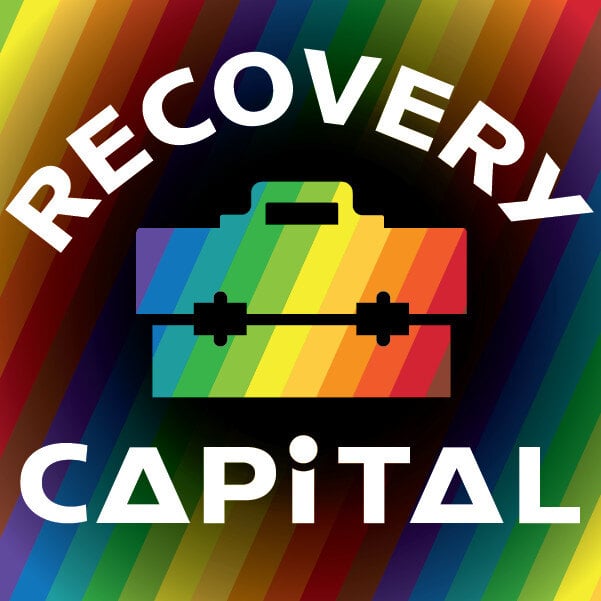How Policy and Community Support Shape Recovery and Resilience Capital
Recovery is not just a personal journey—it's a community's journey. The environment where we live, work, and play significantly impacts personal well being. Both public policies and community-based initiatives have the power to create environments that promote long-term well-being and resilience.
This post explores how policy and community support contribute to strengthening Recovery and Resilience Capital and the actionable steps policymakers, organizations, and local communities can take to build more sustainable community ecosystems.
How Public Policy Strengthens Recovery and Resilience Capital
Public policies can create community structures that improve treatment access, reduce barriers to recovery, and promote long-term well-being.
Key Areas of Policy Impact:
- Consider programs that compensate recovery support providers, increase insurance coverage for behavioral health, and fund treatment programs.
- Consider policies that prevent discrimination against people in recovery and incentivize businesses to hire and develop their professional growth.
- Consider developing minimum standards that promote healthy sober living environments and protect against not in my backyard (NIMBY) statutes.
- Consider developing or expanding drug courts, re-entry programs, and incarceration alternatives for substance-related offenses.
What Can Policymakers Do?
- Advocate for increased funding for recovery services.
- Strengthen anti-discrimination laws to protect people in recovery.
- Support recovery-friendly workplace initiatives and employment programs.
The Role of Community Support in Recovery
Communities play a critical role in creating supportive environments for people in recovery. From grassroots efforts to local government initiatives, community-based programs can fill gaps where formal policies may fall short.
Ways Communities Can Support Recovery:
- Consider building local networks integrating health care, employment services, and peer support into a cohesive recovery ecosystem.
- Consider strengthening the role of peer mentors and community-based recovery groups to promote long-term relationships.
- Consider encouraging employers and educational institutions to provide access to recovery support services and establishing recovery-friendly workplaces.
- Consider educating communities about recovery for prevention, understanding, and personal well being.
What Can Community Leaders & Organizations Do?
- Establish community recovery centers that provide education, social support, and resources.
- Partner with businesses and local employers to create recovery-friendly workplaces.
- Organize public events and awareness campaigns to combat stigma and encourage open conversations.
Building Sustainable Recovery Networks
Sustainable recovery support is possible when communities and policymakers work together. Working together requires collaboration across healthcare, employment, housing, and education sectors.
Key Strategies for Building Stronger Recovery Networks:
- Consider bringing together law enforcement, healthcare providers, recovery organizations, and policymakers to align efforts.
- Consider ensuring recovery programs have sustainable funding to avoid service gaps while developing the ability to self-support through their efforts.
- Consider using self-assessment tools like the Recovery Capital Index (RCI) and the Assessment of Recovery Capital (ARC) to track progress at both the individual and community levels and adjust policies accordingly.
Bringing It All Together
Recovery success improves with community support and involvement. When policies align with community-led initiatives, individuals in recovery are more likely to thrive.
What’s Next?
In our next and final post in this series, we’ll explore Why Measuring and Applying Recovery and Resilience Capital Matters—focusing on the long-term benefits of using these concepts to create stronger recovery ecosystems.
Stay connected for more insights on building a thriving recovery-supportive world!
Subscribe Here!
#RecoveryCapital #ResilienceCapital #CommunitySupport #PolicyChange #ThrivingNotJustSurviving

 By
By

